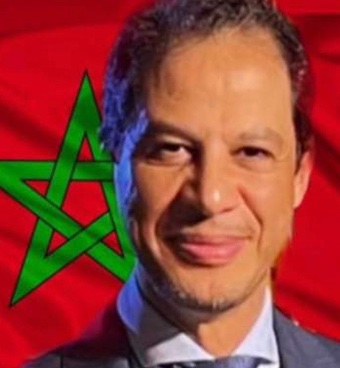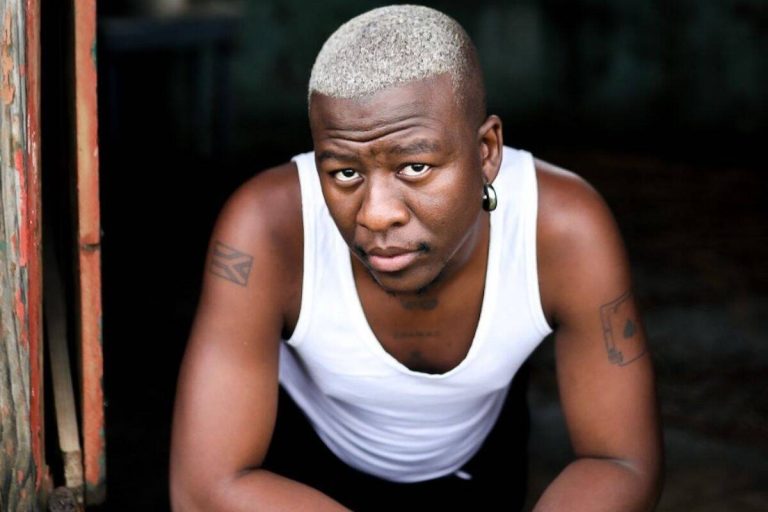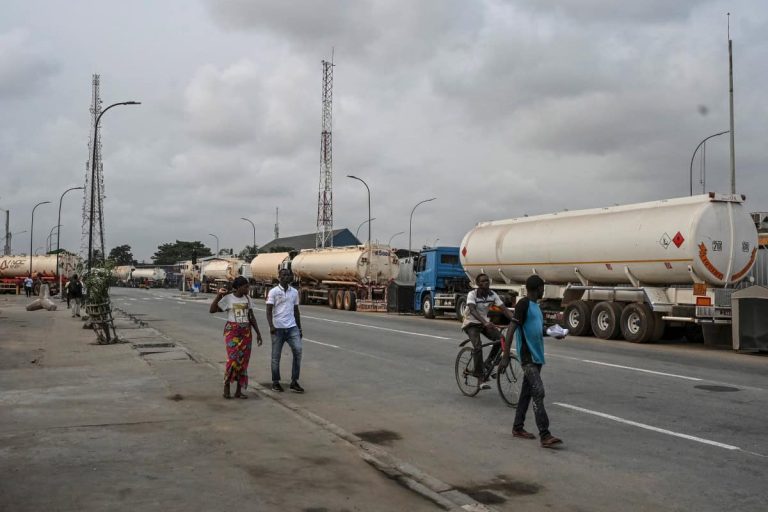

As the Kingdom of Morocco marks a significant double milestone, half a century since the historic Green March of 1975 and some seven decades since its independence from the French and Spanish protectorates in 1956, the time is ripe not only for reflection but for bold affirmation: Morocco is emerging as a key actor in Africa’s security, sovereignty and integration.
It is also reclaiming its role as a catalyst for peace, development and a united Maghreb.
A twin anniversary: independence & territorial unity
Morocco celebrates this year the 70th anniversary since it overcame the colonial-protectorate system to assert its sovereignty.
The formal end of the French protectorate came on 2 March 1956, while independence is officially commemorated on 18 November — the date of Sultan Mohammed V’s return from exile and the re-assertion of national unity.
In parallel, the Green March of 6 November 1975 remains a landmark in Moroccan history: a peaceful mass mobilisation of some 350,000 Moroccan volunteers who carried Holy Qur’ans and national flags into the then-Spanish Sahara to reclaim what Morocco termed its “Southern Provinces”.
This event did not simply reclaim territory: it symbolised Morocco’s peaceful drive for territorial integrity and development, rather than through war. As the late King Hassan II declared: “We must act as one to join the Sahara.”
Today, as Morocco commemorates “50 Years After the Green March”, the Kingdom is emphasising that its southern provinces have become “a model of stability and growth”.
Morocco’s continental role: from liberator to partner
Beyond its national milestones, Morocco has long positioned itself as a partner in Africa’s liberation and development. The Kingdom’s diplomatic and material assistance to numerous African independence movements has been recognised by many of its African peers.
Examples abound: Morocco provided logistical, political and military support to liberation movements in Algeria, Guinea-Bissau and elsewhere.
Notably, in the struggle against apartheid in South Africa, there is documented testimony that Moroccan territory offered safe-haven and training to activists of the African National Congress (ANC).
According to one source: “the headquarters of the Algerian Liberation Army was located in Rabat while their training camps and operation-bases were located near Oujda… This is where, according to his diaries and numerous testimonies, Nelson Mandela received his military training.”
Thus Morocco not only secured its own independence and territorial integrity, but contributed quietly yet concretely to the freedom of others across the continent.
The autonomy plan and the breakthrough in the Sahara dispute
Central to Morocco’s modern diplomacy is its initiative for the Sahara: the Moroccan Autonomy Plan, first formally presented to the UN in 2007. Recently, Morocco scored a considerable diplomatic victory: the United Nations Security Council (UNSC) adopted a resolution 2797 on 31st October 2025 which, for the first time in a binding way, framed Morocco’s autonomy proposal as “the only” credible basis for a lasting resolution of the Sahara conflict.
In his address to the nation following the resolution, King Mohammed VI declared: “After fifty years of sacrifices, and with the help and guidance of the God Almighty, we are now entering a new chapter in the process of consolidating the Moroccanness of the Sahara and closing, once and for all, this fabricated conflict, within the framework of a consensual solution based on the Autonomy Initiative.”
This victory is historic, he added, marking “a before and an after 31 October 2025” in Morocco’s modern history. Why is this milestone so important? Because for more than half a century this “artificial” conflict – born of colonial withdrawal and regional geopolitical manoeuvres – has blocked the fully-fledged integration of the Maghreb and diverted Africa’s attention from joint development. By securing international recognition of its autonomy plan, Morocco seeks to turn the page, focus on development of its entire territory, and invigorate regional cooperation.
Morocco’s vision & transformation under King Mohammed VI
Over the past 26 years, under the leadership of King Mohammed VI, Morocco has undergone sweeping reforms: political, economic, social and infrastructural.
From launching the “New Development Model” in the southern provinces to investing in major ports, renewable energy, and connectivity, the Kingdom has sought to translate sovereignty into prosperity.
In this endeavor, His Majesty has also emphasised Africa-Morocco solidarity. As Ambassador and Moroccan Permanent Representative to the UN , Omar Hilale put it, the Saharan provinces are at the heart of three major Royal initiatives: the Royal Atlantic Initiative, the Nigeria-Morocco Gas Pipeline, and the Sahel Initiative, which enable them to play a major role, linking together Africa to the world, and fostering African integration. Linking the Green March, Independence and a United Maghreb
The commemoration of the Green March and independence provides Morocco with a moment to assert that its territorial integrity is not purely a national matter, but one of regional significance. For Morocco, the full resolution of the Sahara issue opens the door to a united Maghreb, a stronger African cooperation and a deeper integration across the Atlantic and Sahara-Sahel corridor.
It also reduces tensions in the Maghreb, lessens external interference, and opens possibilities for a stronger Arab-Maghreb–African bridge.
Why this matters globally
While many African disputes linger, Morocco’s push to resolve the Sahara dispute via autonomy indicates that decolonisation can be concluded through development-driven sovereignty, rather than perpetual limbo.
Also, by recalling Morocco’s role in African independence and its current development surge, the Kingdom is positioning itself as a partner in the African Continental Free Trade Area (AfCFTA), African infrastructure corridors and South-South cooperation.
The success of this region will serve as a model for how territorial sovereignty, economic investments, andregional integration can transform “former margins” into “continental hubs”. Today, Morocco’s southern provinces (Laâyoune, Dakhla etc) are thus not a frontier but a gateway.
The sovereignty and development of these regions supports Morocco’s role as a regional and continental logistics, energy and human-capital hub. A call to the future As Morocco honours 70 years of independence and 50 years since the Glorious Green March, it is not enough simply to celebrate.
The Kingdom now harness its historical achievements for a future-looking vision: one where the southern provinces are not “recovered lands” but engines of development; where the autonomy plan is not just diplomacy but lived governance; where Morocco’s Africa-solidarity isn’t only historic but operational; and where the Maghreb is not a region of fragmentation but of unity.
In this sense, Morocco invites Africans, Arabs and global partners to join: on the Atlantic shores, across the Sahara, into the Sahel and beyond. The story is no longer only about reclaiming what was lost, it is about building what must be shared.
The author ambassador of his majesty the Kingdom of Morocco



